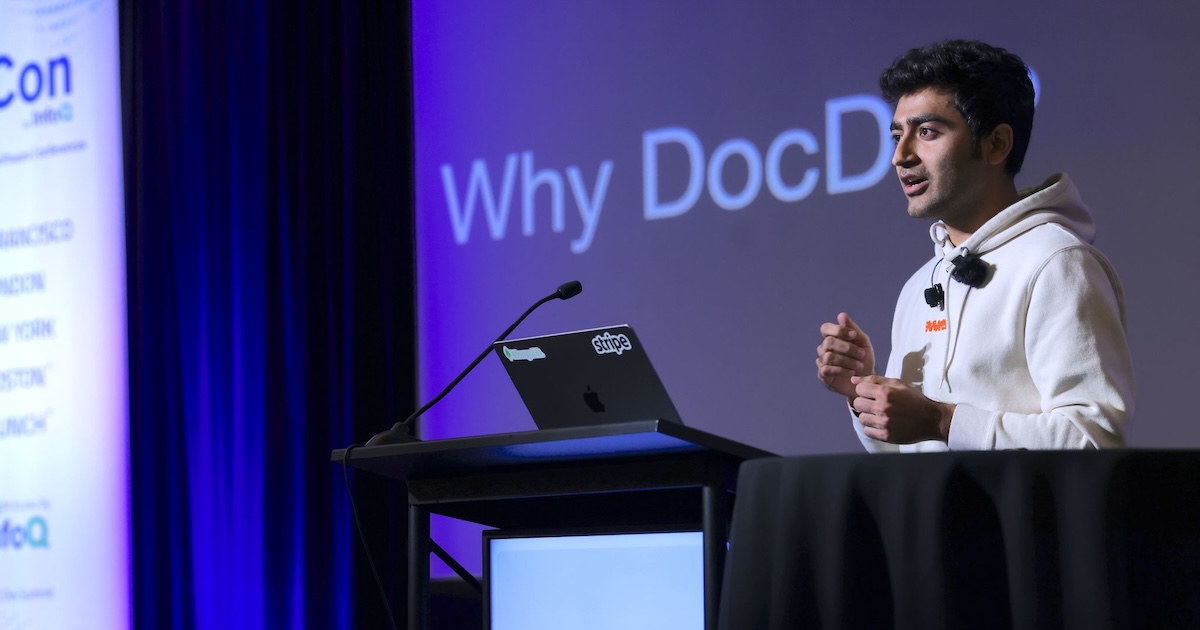Codetown
Codetown ::: a software developer's community
Oracle buys Sun
What do you think of that?
Comment
-
Comment by Zemian Deng on April 21, 2009 at 8:50am
-
I sure hope so. I hope the JDK development will surpass Sun management. I think current JDK is getting bigger and bigger with many unnecessary legacy libraries, but yet missing convenient languages features such as type inference, tail recursion, closure etc. And then Sun didn't do much to improve the Java Swing, which many developers are crying to have. I have mixed feelings about JavaFX.
With rich company like Oracle, I really hope they fuel the JDK development and take some giant leap toward the coming months.
All the best to Oracle and people who are working hard on Java.
Cheers!
PS: MySQL future seems little cloudy. I really like the DB, and hope Oracle won't kill it.
Notes
Welcome to Codetown!
 Codetown is a social network. It's got blogs, forums, groups, personal pages and more! You might think of Codetown as a funky camper van with lots of compartments for your stuff and a great multimedia system, too! Best of all, Codetown has room for all of your friends.
Codetown is a social network. It's got blogs, forums, groups, personal pages and more! You might think of Codetown as a funky camper van with lots of compartments for your stuff and a great multimedia system, too! Best of all, Codetown has room for all of your friends.
Created by Michael Levin Dec 18, 2008 at 6:56pm. Last updated by Michael Levin May 4, 2018.
Looking for Jobs or Staff?
Check out the Codetown Jobs group.
InfoQ Reading List
Presentation: Humans in the Loop: Engineering Leadership in a Chaotic Industry

Michelle Brush discusses engineering leadership in the age of AI/ML and automation. She explains how the Jevons Paradox will create massive software demand, but the Ironies of Automation will make the remaining engineering job harder. She shares 4 skills for success: Systems Thinking, Non-Abstract System Design, Reliability Engineering, and Complexity Theory, stressing the need for junior talent.
By Michelle BrushArticle: Micro-Frontends: A Sociotechnical Journey Toward a Modern Frontend Architecture

Micro-frontends differ from components by emphasising autonomy and flow over standardisation and reuse—a sociotechnical shift aligned with Conway's law. Migration should be gradual, starting where autonomy is most beneficial and ensuring that the architecture aligns with the team structure. Duplication can benefit the flow and enable iterative delivery, rather than requiring extensive rewrites.
By Luca MezzaliraRust at the Core: Accelerating Polyglot SDK Development by Spencer Judge at QCon SF 2025

Innovative SDK Team Lead Spencer Judge at Temporal unveiled a game-changing strategy at QCon SF 2025: leveraging a shared Rust core to streamline multi-language SDKs. By reducing redundancy and improving efficiency, this architecture addresses the challenges developers face, delivering safer, more portable solutions that enhance the user experience and minimize technical debt.
By Steef-Jan WiggersGoogle Brings Colab Integration to Visual Studio Code

Google has announced the availability of a new Visual Studio Code extension that connects local notebooks to a Colab runtime. This allows developers to unify their previously separate local development setup and web-based Colab environment.
By Sergio De SimoneStripe's Zero-Downtime Data Movement Platform Migrates Petabytes with Millisecond Traffic Switches

At QCon SF, a Stripe engineer presented the company's Zero-Downtime Data Movement Platform, a system enabling petabyte-scale database migrations with traffic switches that typically complete in milliseconds. The platform supports Stripe's infrastructure, handling 5 million database queries per second while maintaining 99.9995% reliability for $1.4 trillion in annual transactions.
By Eran Stiller
© 2025 Created by Michael Levin.
Powered by
![]()
You need to be a member of Codetown to add comments!
Join Codetown